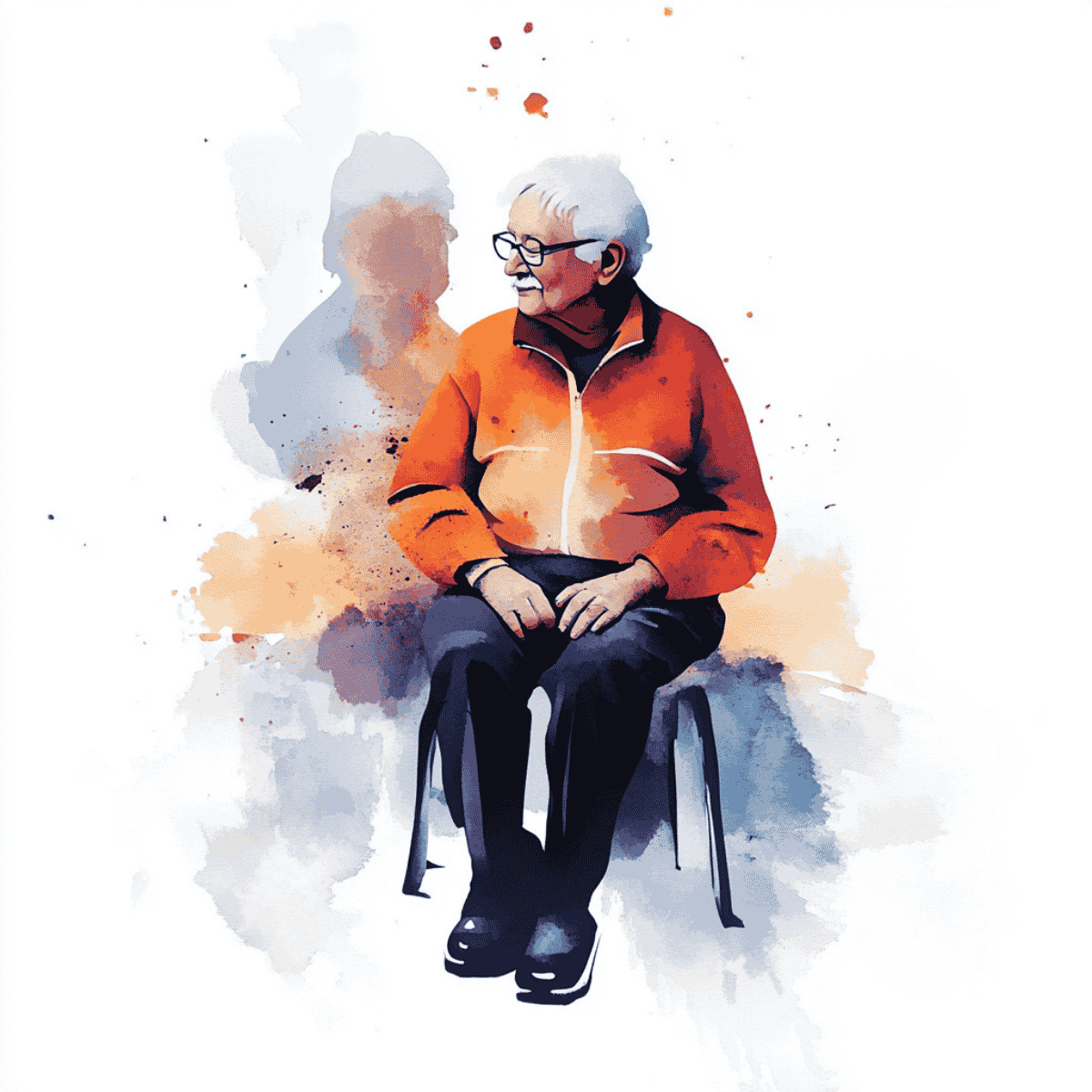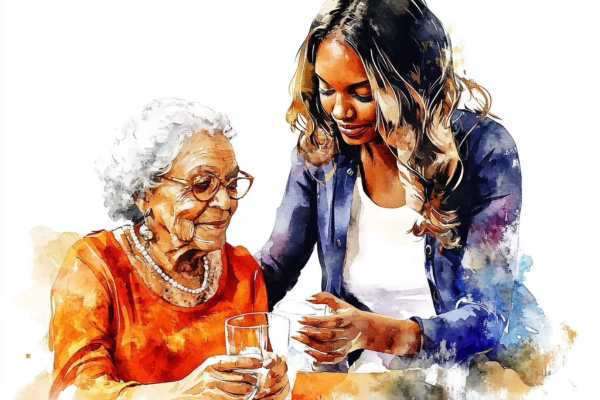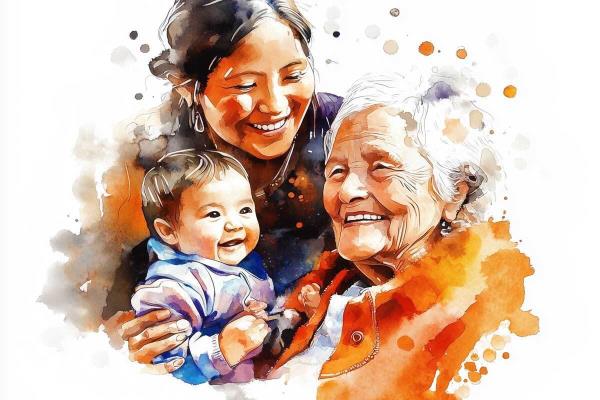The Silent Epidemic of Senior Loneliness
Loneliness isn’t just an emotional struggle—it’s a serious health crisis. Research across four countries shows that chronic loneliness can reduce life expectancy by five years. It increases the risk of heart disease by 29%, dementia by 50%, and premature death by 26%.
Older adults are the most vulnerable, experiencing loneliness at four times the rate of younger generations. And the impact extends beyond mental health—it affects their physical well-being, financial stability, and overall quality of life.
The High Cost of Isolation
Loneliness is more than a feeling. It has measurable, life-altering consequences:
- 42% of seniors in care facilities report severe loneliness—compared to just 10% of those aging at home.
- Isolated seniors spend an extra $1,644 per year on healthcare.
- They experience longer hospital stays, more frequent readmissions, and faster cognitive and physical decline.
The painful irony? Many “solutions” to senior loneliness—like moving into institutional care—often make things worse. Seniors lose everything familiar:
- Decades of memories
- Trusted neighbors
- Community ties
- Daily routines
Aging at Home: A Proven Solution
At Honor and Home Instead, we’ve seen firsthand how maintaining independence can transform senior well-being. After delivering over 60 million hours of senior care, we’ve identified three key factors that significantly reduce loneliness:
- Fostering strong social connections – Regular and scheduled visits with family, friends, and caregivers improve mental and physical health.
- Aging in familiar surroundings – Staying at home preserves comfort, independence, and dignity.
- Maintaining daily routines – Familiar rituals provide structure, stability, and a sense of purpose.
Why Consistent Care Matters
Aging at home isn’t just about comfort—it’s scientifically proven to improve health outcomes. Seniors who stay in familiar environments experience:
- Lower healthcare costs
- Higher life satisfaction
- Stronger social engagement
- Better cognitive and physical health
That’s why consistent caregiver relationships are at the heart of Honor’s approach. We match seniors with trusted Care Pros who become:
- A listening ear
- A reliable companion
- A meal partner
- A helping hand for transportation and daily tasks
How You Can Help a Loved One Stay Connected
Even small, consistent actions can make a big difference:
- Start a weekly meal tradition – Sharing a meal fosters connection and routine.
- Schedule regular video or phone calls – A simple check-in eases feelings of isolation.
- Encourage in-person visits – Help arrange social outings or gatherings.
- Prioritize consistency – Frequent, short visits matter more than occasional big gestures.
A Future of Connection and Compassion
At Honor and Home Instead, we’re committed to reshaping the way society supports older adults. Aging isn’t just about surviving—it’s about thriving.
Want to learn more? Explore our approach and see how we’re redefining senior care.




